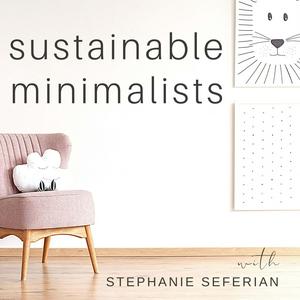American culture tends to market aging as a slow fade into the background. After all, women are told that getting older comes with a loss of relevance, memory, and attractiveness.
But what if the season of midlife isn’t a crisis?
We aren’t just getting older; in fact, we’re getting louder, bolder, and more authentic. On today’s show podcast host Stacey Hutson dismantles the myth that our best years are behind us by breaking down the the science behind those hormonal shifts while also celebrating the fierce second act that follows.
Here’s a preview:
[7:00] IDGAF Energy: How hormonal shifts can actually fuel a powerful new sense of assertiveness and boundaries
[16:00] Science-backed ways to navigate the intersection of “puberty in reverse” and the relentless mental load of motherhood
[19:00] Mindfulness, cycle syncing, creatine, and other “buffer supporting” practices
[25:00] Musings on why our culture tends to dismiss older women
[28:00] Rejecting the idea that aging equals irrelevance, plus: Thoughts on leaning into the mundane
Resources mentioned:
The Next Phase podcast
Explain Cycle Syncing to Me: Your Guide to Aligning Food, Fitness & Energy with Your Hormones (via Apple Podcasts)
How to Eat With Your Cycle to Balance Hormones in Perimenopause (via Apple Podcasts)
Fair Play (via Bookshop.org)
Stacey on Substack
Our Book Club pick for Mon. March 3: Awe: The New Science of Everyday Wonder and How It Can Transform Your Life
This show is listener-supported. Thank you for supporting!
Join our (free!) Facebook community here.
Find your tribe. Sustainable Minimalists are on Facebook, Instagram + Youtube @sustainableminimalists
Say hello!
[email protected].
Hosted by Simplecast, an AdsWizz company. See pcm.adswizz.com for information about our collection and use of personal data for advertising.


